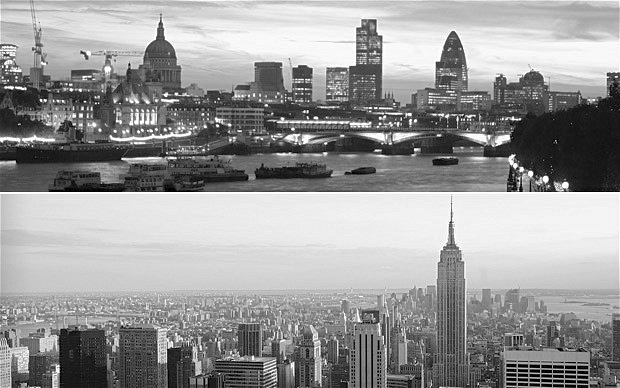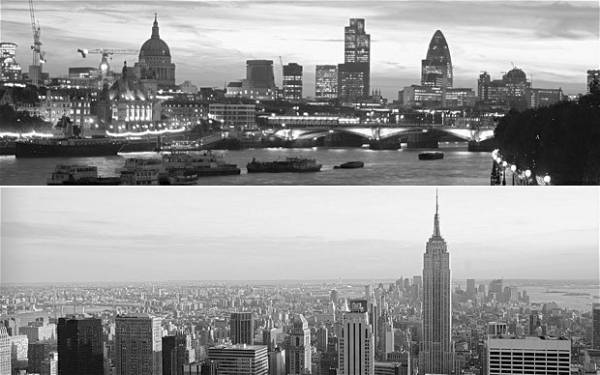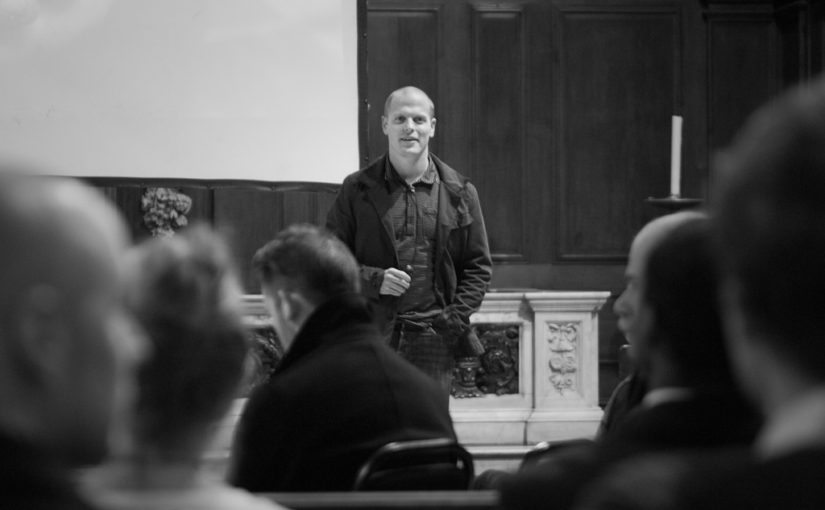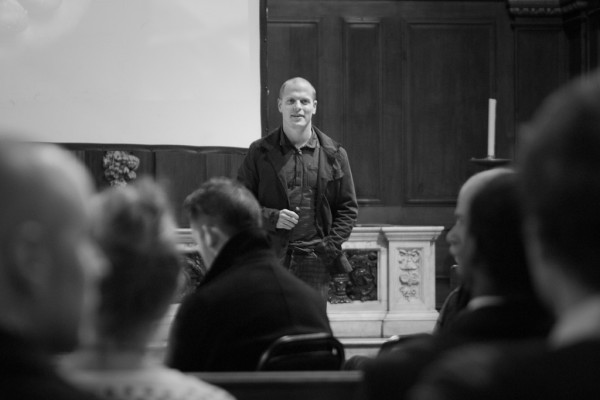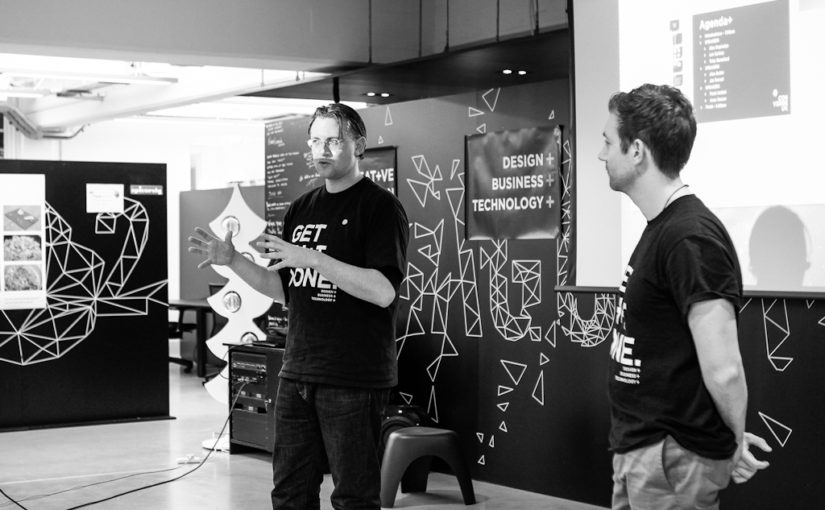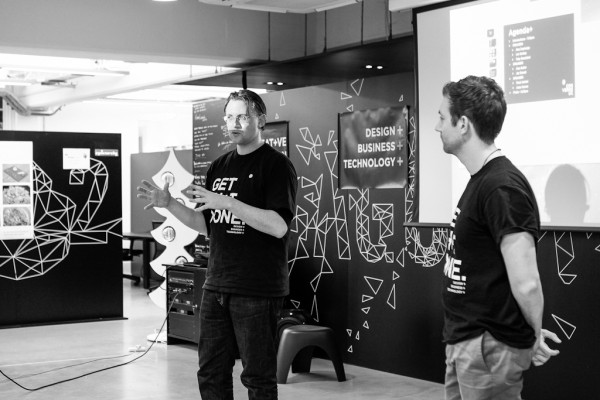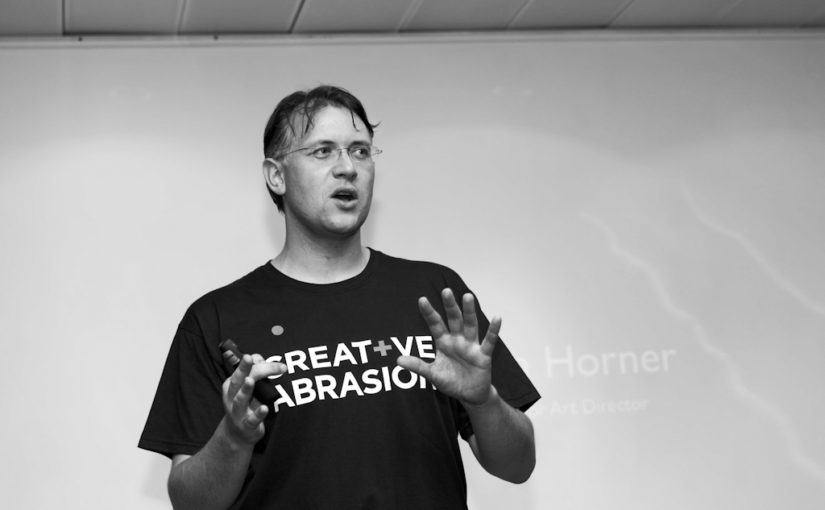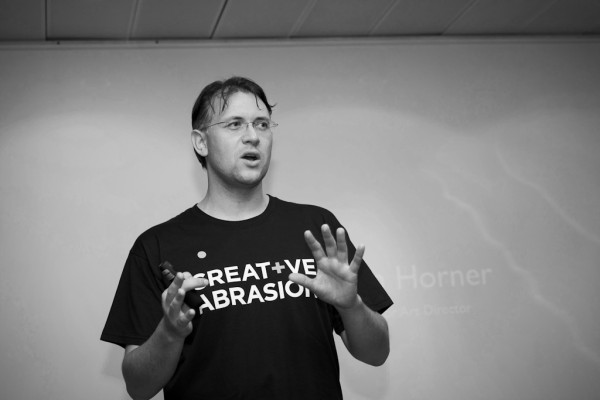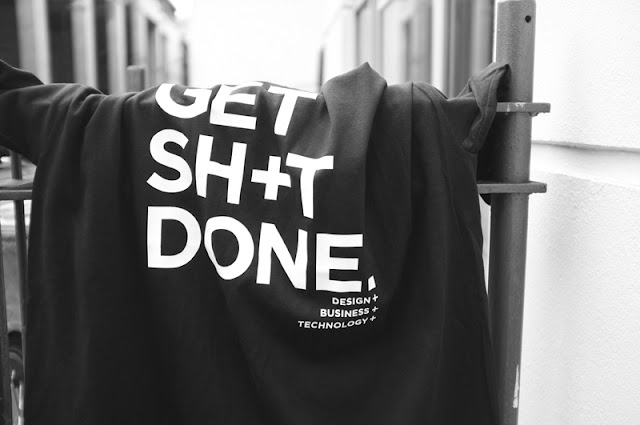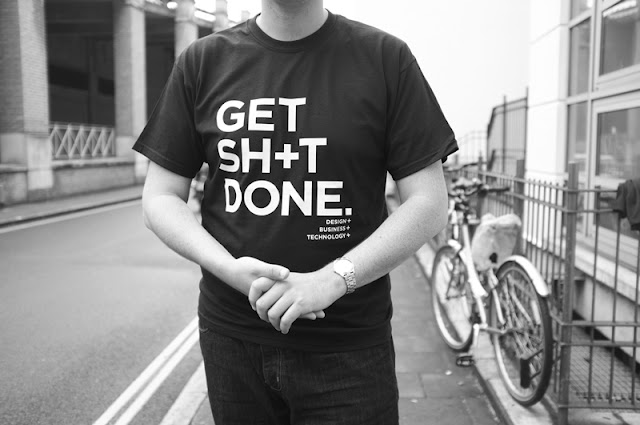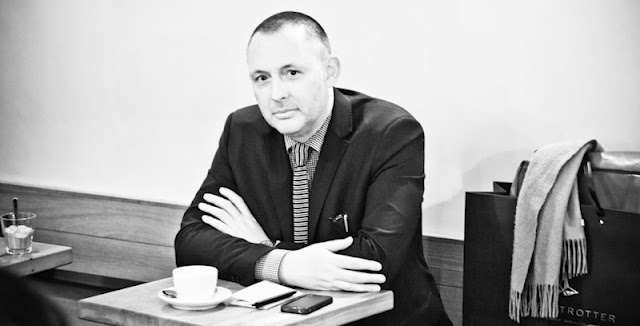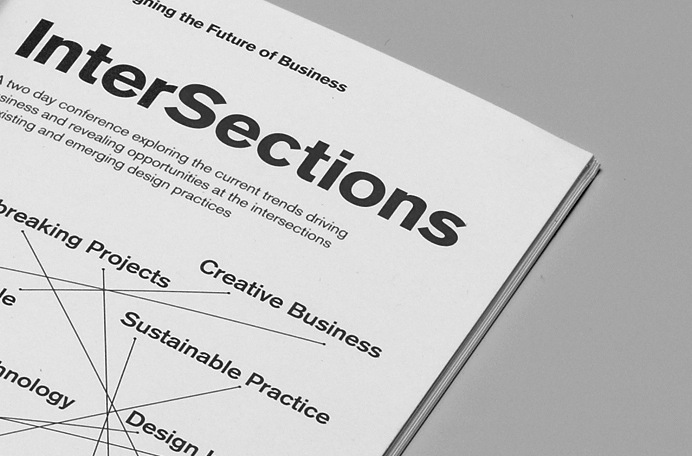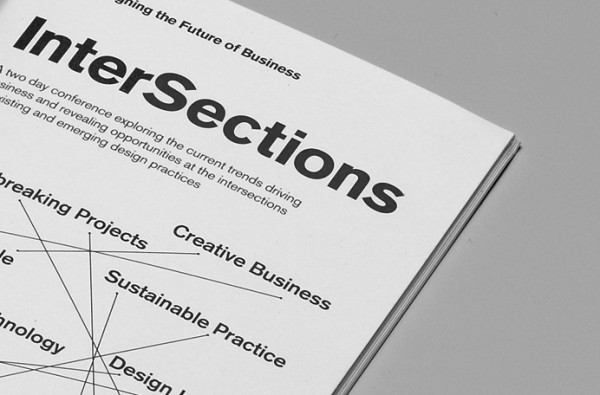When you work in a startup, the wider community of other people who are also working in startups is incredibly important because you need a peer group to hang out with. Lawyers like to hang out with lawyers, doctors like to hang out with other doctors and people who work in tech startups like to hang out and swap war stories.
“Are you a Java developer?” The man in a suit at my first startup event in London asked me briskly. “Because I’m looking for a Java developer.” I stumbled and stuttered a little because we hadn’t even finished exchanging pleasantries. He sensed that I wasn’t what he was looking for and turned his back on me sharply to disappear into the throng. I had only just arrived in London and I was used to the casual, and friendly way that people networked after-hours over a beer in New Zealand.
The London tech scene was a shock to the system for me because the city is much larger and people are much more focused on their own personal business objectives. But after a while, I began to find my tribe. It took several months of coffees, meetups and missed connections, but eventually the fabric of the London startup ecosystem started to make sense for me. By the time I left London in 2014 I was sad to leave behind so many good friends and a wide network of people that I knew and admired.


